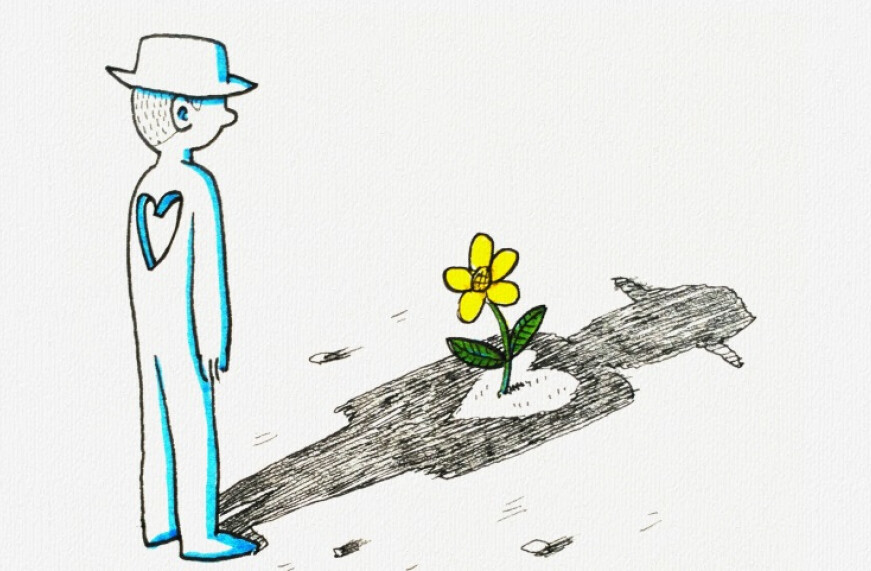Jesus, Make Yourself at Home!

In October of 2023, I attended the Madison Eucharistic Congress with other members from St. Dominic. I was able to see and pray with the Eucharistic Miracles from around the world on that occasion, a work that was researched and published by Blessed Carlo Acutis. How fitting that this coming week, we will have the exhibit available here at the parish for us to meditate on and be drawn into the miracles of Jesus revealed in his body and blood. Carlo died at the age of 15, and was beatified in 2020. A first class relic of Blessed Carlo will also be available for us to venerate and reflect on this young man’s life and love for Jesus. May he become one of your new favorite “saints.”
While I was in Madison and was praying in front of his relic, I was drawn to one of his prayers: “Jesus, make yourself at home! Live within me as if it were your own dwelling!” I meditated a long time on this reality, ‘live within me as if it were your own dwelling.’ How insignificant and unworthy I felt. I found myself in tears realizing the gap of this reality. This amazing God within me. How can this God come into my life, unworthy, sinful, doubting, imperfect, weak, and broken as I am?
Lent is the time we look back at the past year, acknowledge our brokenness, and allow our Lord into our hearts, to heal us and open ourselves to His love. His love is what we often run from because we don’t feel worthy. We don’t want to look at our flaws and sins, our failures and wrong doings. It is tough to acknowledge where we failed. Yes, it is in our brokenness that room can be made for repentance that can bring us home to His heart. It is confusing to believe that it is in our brokenness that God can work in and through our lives. In Paul’s letter to the Ephesians we read, “But God, who is rich in mercy, because of the great love he had for us, even when we were dead in our transgressions, brought us to life with Christ.” (Eph. 2: 4-5).
What a great hope we have that our Lenten journey can bring us to new life by “cleaning out the crud in our lives.” Friends, let us make this Lent a new season for our souls. How can we do this? Come to Jesus in the Mass, in adoration, in silent prayer, and in the sacrament of reconciliation. When receiving Him in the Eucharist, allow Him to penetrate your heart, to change and renew you in His love. His love will transform you. Then together with Blessed Carlo, our prayer can be, “live in me as if it were your own dwelling.” Blessed Lent my friends. Blessed to journey with you to His heart.


